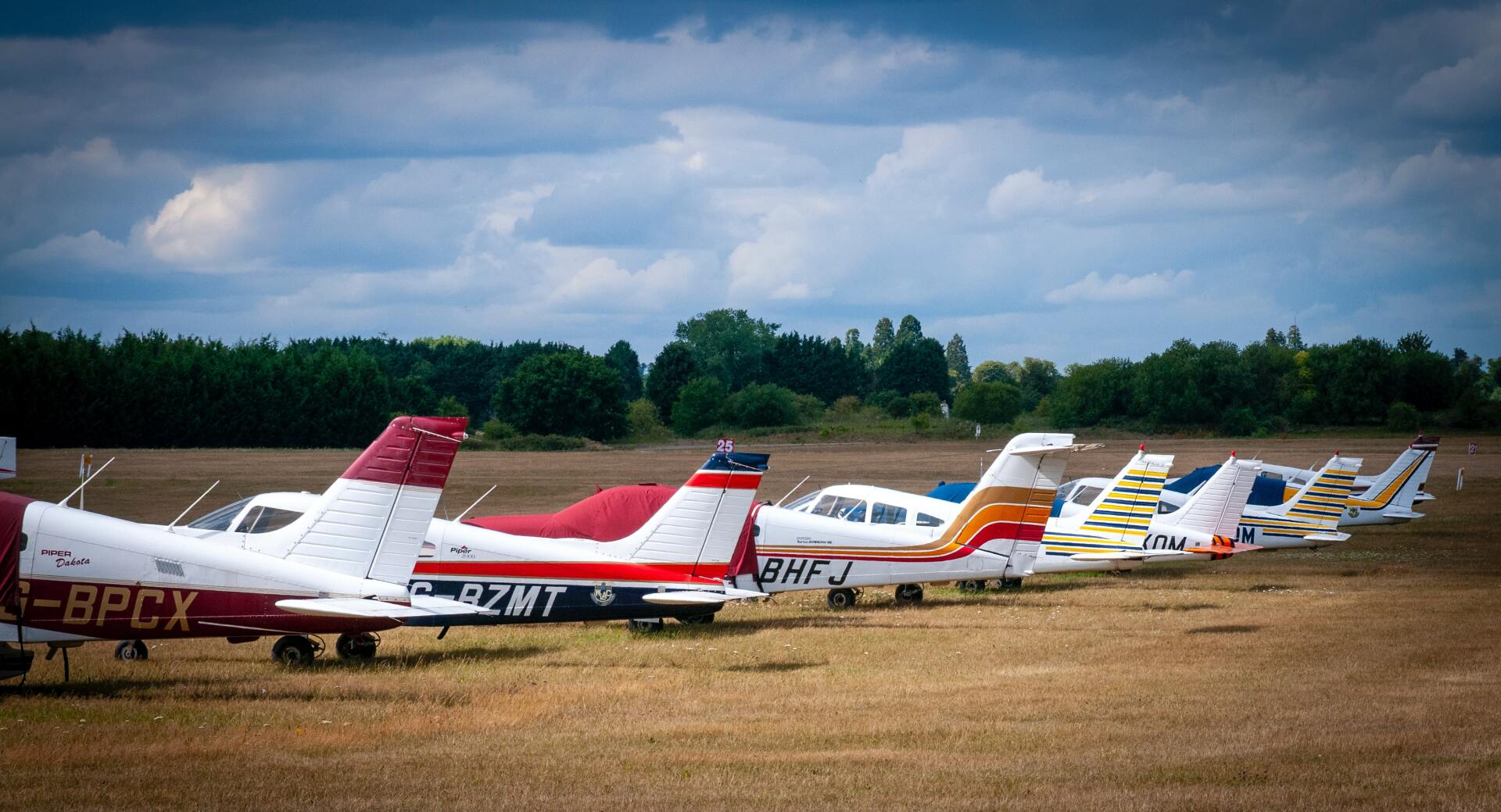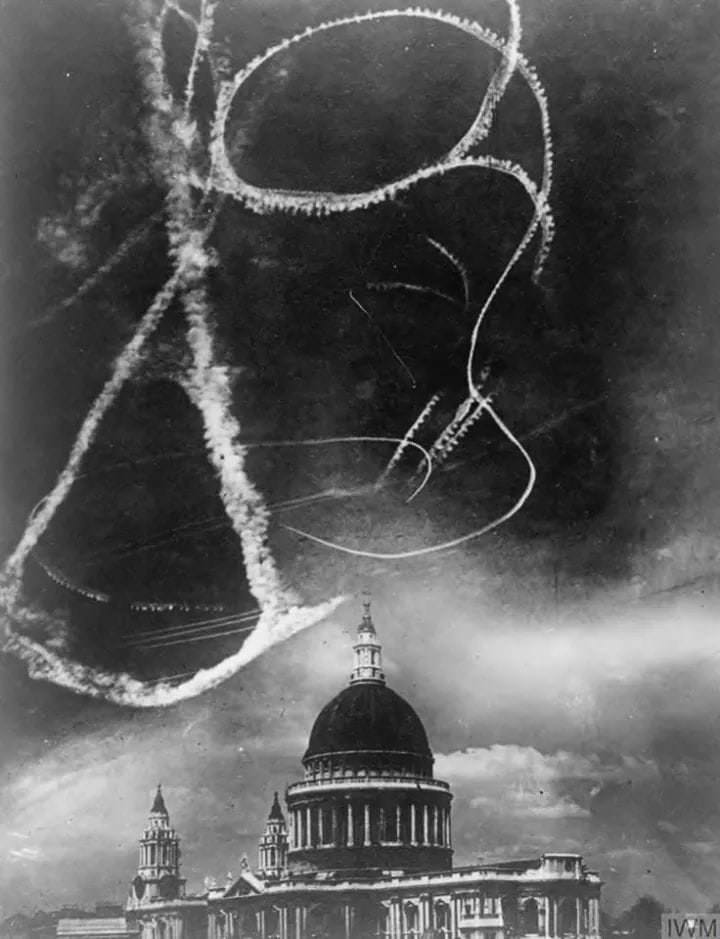The UK CAA Has Not Failed In Its Approach to GNSS PinS Implementation...
CAA has, however, identified what processes won’t work.[1] Surely, this is something upon which to build...?

Image: https://www.cityairportandheliport.com/
We know it has been a while since our last blog, but we have been busy in other areas and hope to be able to update you on PinS implementation very soon. In the meantime, we thought we would discuss a topic similar to PinS - GNSS approaches into aerodromes with no approach control service. This topic has been bouncing around for several years and we have been actively involved in trying to progress both the issue and these approaches.
Some might remember the 2014 launch of CAP1122 (Application for Instrument Approach Procedures to Aerodromes without an Instrument Runway and/or Approach Control), by Grant Shapps MP (a keen pilot and now Transport Secretary). At the launch, it was acknowledged that these approaches to smaller aerodromes would allow for greater accuracy and safety, particularly in adverse weather conditions where visibility may be poor. The announcement generated great excitement in the GA community and several small aerodromes were quick to seize the opportunity of implementing such safety enhancements. CAP1122 was also seen as providing a real commercial opportunity (more operations in inclement weather could offer more revenue).
At the same time, the GSA (the European EGNOS Association) opened a grant competition that enabled aerodromes to take advantage of available funds to assist in the development and implementation of GNSS operations throughout Europe, heavily targeted at the smaller aerodromes (i.e. PinS etc). Thus, throughout Europe, CAP1122 was seen as a real trailblazer and highly regarded as a genuine regulatory catalyst for the GA and smaller aerodromes communities.
Unsurprisingly, there was a sizeable uptake from smaller aerodromes in the UK, and both small aerodrome and PinS projects were facilitated. For a while, all looked good. Then, the projects and the whole implementation process hit a brick wall: why?
The problems centred around the response of the CAA. Firstly, the sheer number of applications overwhelmed CAA resources and a large backlog resulted. This backlog impacted not only on the small applicant aerodromes, but also all the other airspace applications that were ongoing at the time. CAA acknowledged that the backlog continued to build faster than the completion rate. In addition, it appeared that elements within the CAA had major concerns that there was a requirement for the provision of ATC for instrument approaches as was then mandated in the ANO. The ATC regulatory side of the CAA could not see a safety solution to removing that requirement. Part of the issue might have been that UK has traditionally felt obliged to provide variable levels of separation/information in uncontrolled airspace (Class G).
For whatever reasons - whether to stop the pressure of an increasing number of applications, or for genuine safety concerns, the CAA withdrew CAP1122 (and with it the process) in 2018. There was widespread anger among applicants.
Grant Shapps MP (then-Chair of the All-Party Parliamentary Group on General Aviation (APPG)) stated that “it’s four years since ministers asked the [CAA] to expand GPS technology to enhance flight safety at smaller aerodromes. That request was made to the then-Chief Executive of the [CAA] and it beggars belief that so little has happened in the intervening time. […T]he GA Unit of the CAA has led the world in recent years, but this seems to be a blind spot and it cannot be right that numerous airfields have shelled out tens-of-thousands of pounds to try to navigate a GPS application process that the CAA now acknowledge was not fit for purpose”.[2] Indeed, CAA’s then-Director of Airspace Regulation, acknowledged that the 4-year delay in approving GNSS approaches at UK aerodromes UK “hasn’t been [the CAA’s] finest hour”.[3]
The APPG expressed serious concern that the UK lagged a long way behind countries such as France, Germany and the USA when it comes to embracing technology that could improve flight safety. In the CAA’s defence, they were keen to see greater use of technology in the GA sector; their issue was/is how. Things went quiet.
Image: Ewoud Van der Cruyssen
In the 2019 Amendment to The Civil Aviation Authority (Air Navigation) Directions 2017, the Transport Secretary directed the CAA to develop and publish a procedure for considering proposals involving the implementation of an RNP approach to an aerodrome without an approach control (WAC) service. In response, the CAA developed a further process for the implementation of GNSS approaches to aerodromes without approach control services, which was published last year: CAP1961. Originally seen as a “supplement to CAP1616”, it has subsequently been subsumed into the CAP1616 document, and “details a proportionate process that applies to proposals for the introduction of GNSS Instrument Approach Procedures to an aerodrome without an Approach Control Service”. In other words, it aims to simplify the introduction of GNSS IAPs at smaller UK aerodromes by scaling down the lengthy (and costly) CAP1616 process. [There’s that “scaling” word again…]
In our previous blogs, we have outlined the extended timelines and high costs of following a CAP1616 application; however, there could be some encouraging news. Whilst timelines remain ‘how long is a piece of string’, to help offset the costs, DfT have announced that - with support from the CAA - they will expand the rollout of the GNSS Programme within the UK to introduce GNSS approaches to licensed airfields outside of controlled airspace with no approach control. We understand that DfT aims to fund up to 10 applications in the coming year with more to follow. The Transport Secretary has directed that airfields involved in the GNSS Programme can receive financial assistance to cover up to 50% of the costs incurred in developing their associated proposals. So, we can keep our fingers crossed that definite progress is being made.
What future, however, is there for any drive to promote and implement GNSS procedures in the UK when the UK will cease to be a participant in the EGNOS Working Agreement (EWA) on 25 June 2021…
CAA: please discuss…
Image: Heino Elnionis
Avigation can assist aerodromes in all aspects of their development of GNSS and other instrument approaches, including instrument flight procedure design, airspace development and change proposals, safety case development, procedure validation and associated liaison and engagement with the CAA.
To discuss your aerodrome’s procedure design needs, why not contact us on info@avigation.co.uk.
#AvigationLtd #Airspace #CAA #APPG #GNSS #PinS #HEMS
[1] With profound apologies to those who might recognise Thomas Edison’s reflections on developing the filament light bulb…
[2] All-Party Parliamentary Group on General Aviation (2018), “Failure to approve GPS approaches “hasn’t been our finest hour”, says CAA’s Director of Airspace Regulation”, https://generalaviationappg.uk/failure-to-approve-gps-approaches ... /. Accessed 30 Apr 21.
[3]
ibid.








